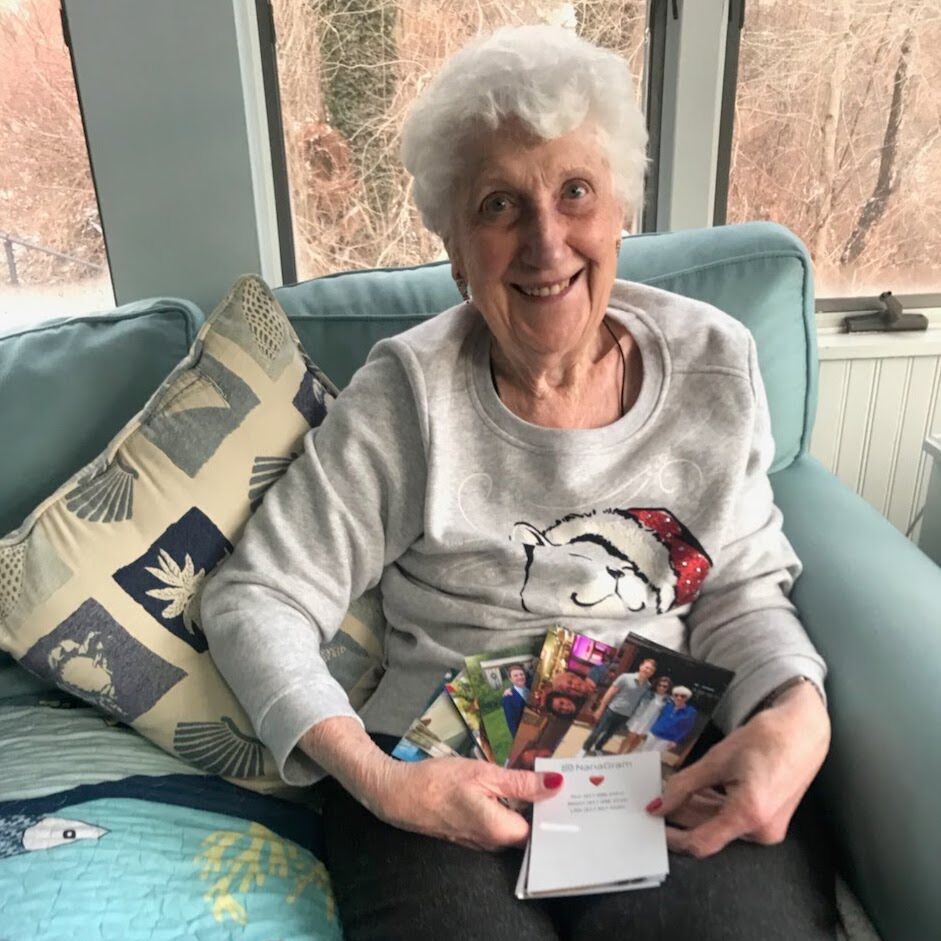A couple weeks ago I discovered a new book by NY Times journalist John Leland, Happiness is a Choice You Make, exploring life of the “oldest old” (people 85+) via an NPR podcast. What started as an assignment at the NY Times blossomed into beautiful book about the lives of six people 85 and older living in New York City. Leland’s book has helped me pause and put to words many of the profound lessons I’ve been learning while getting together every couple of weeks with my grandpa, Tirrell Cook.
For the past 18 months, I’ve been on a journey with my grandpa. At 94, he’s definitely part of the oldest old but he “feels more like 70.” From Grandpa I’ve learned about human memory, mindfulness, gratitude, tragedy, past ways of life, and so much more. The kind of wisdom that can’t be Googled.
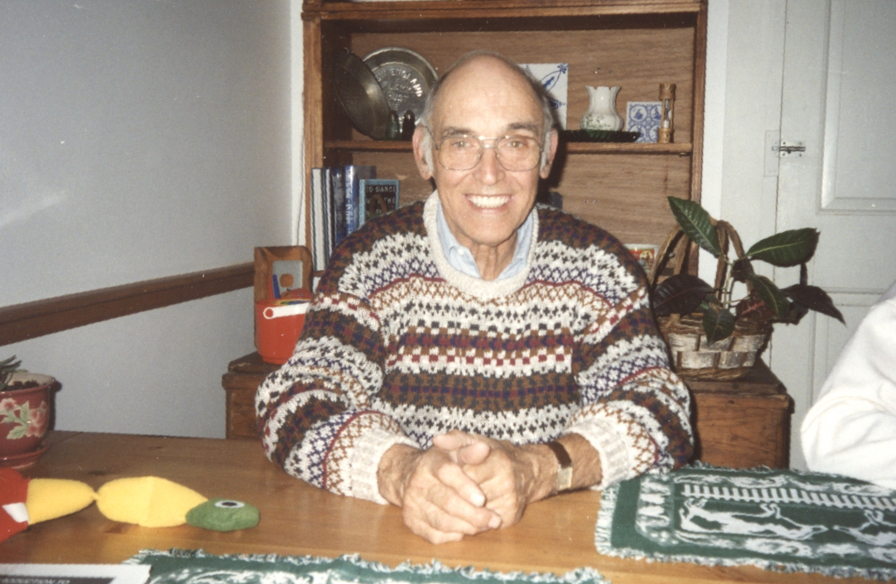


For years I’ve been trying to figure out why my grandpa is so happy. He even seems to grow happier as he grows older. Born in 1923, he grew up during the Great Depression and served in the Army during World War II. He and my grandmother have been happily married for nearly 68 years.
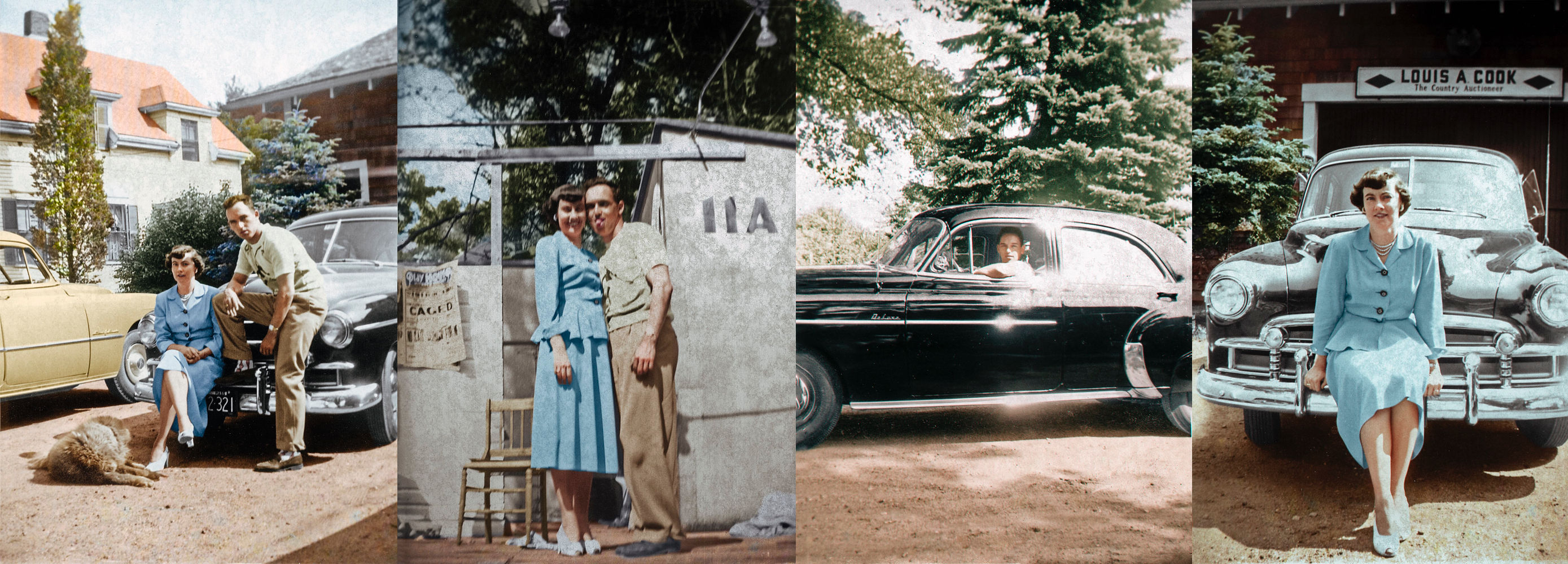


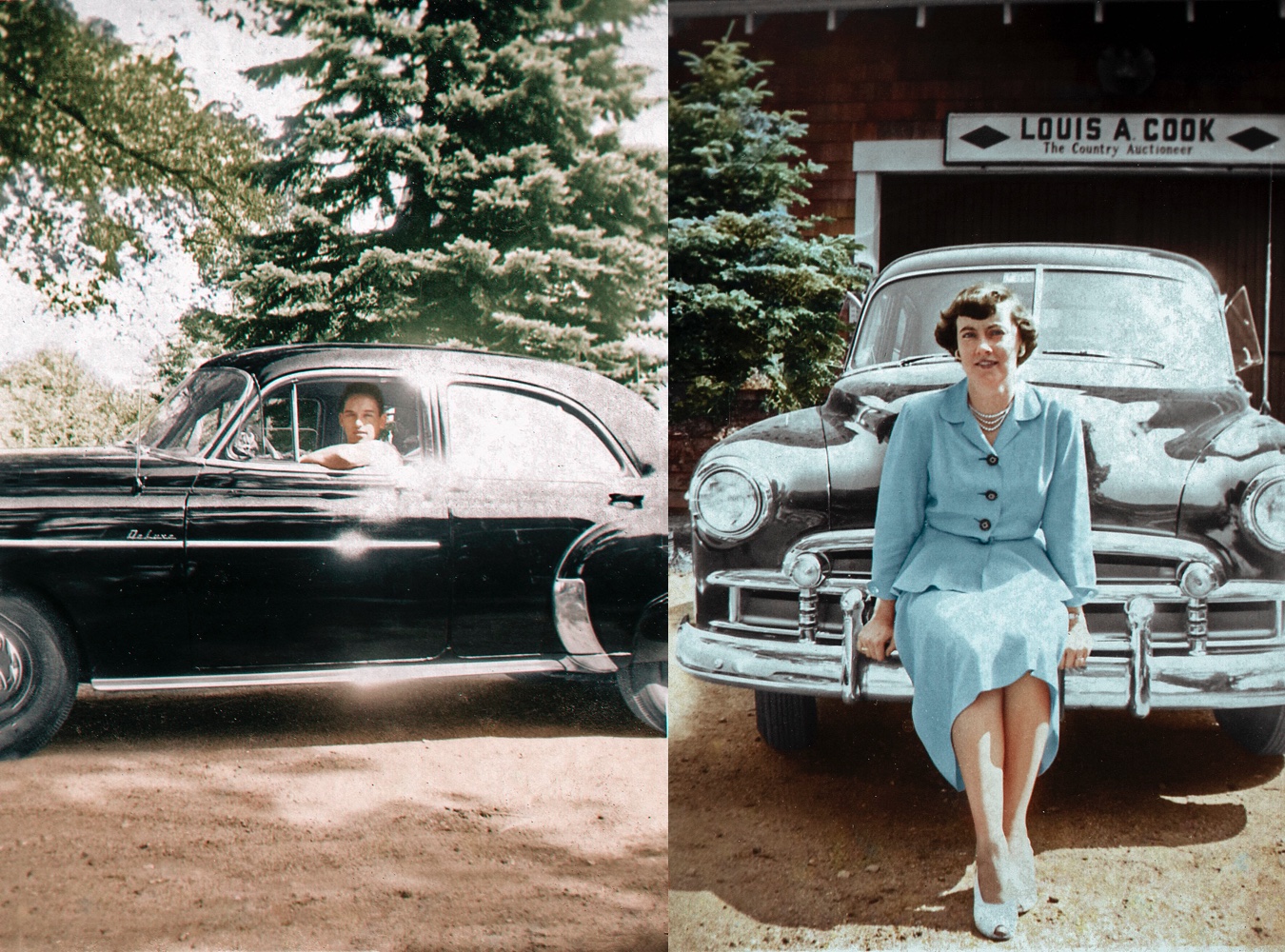

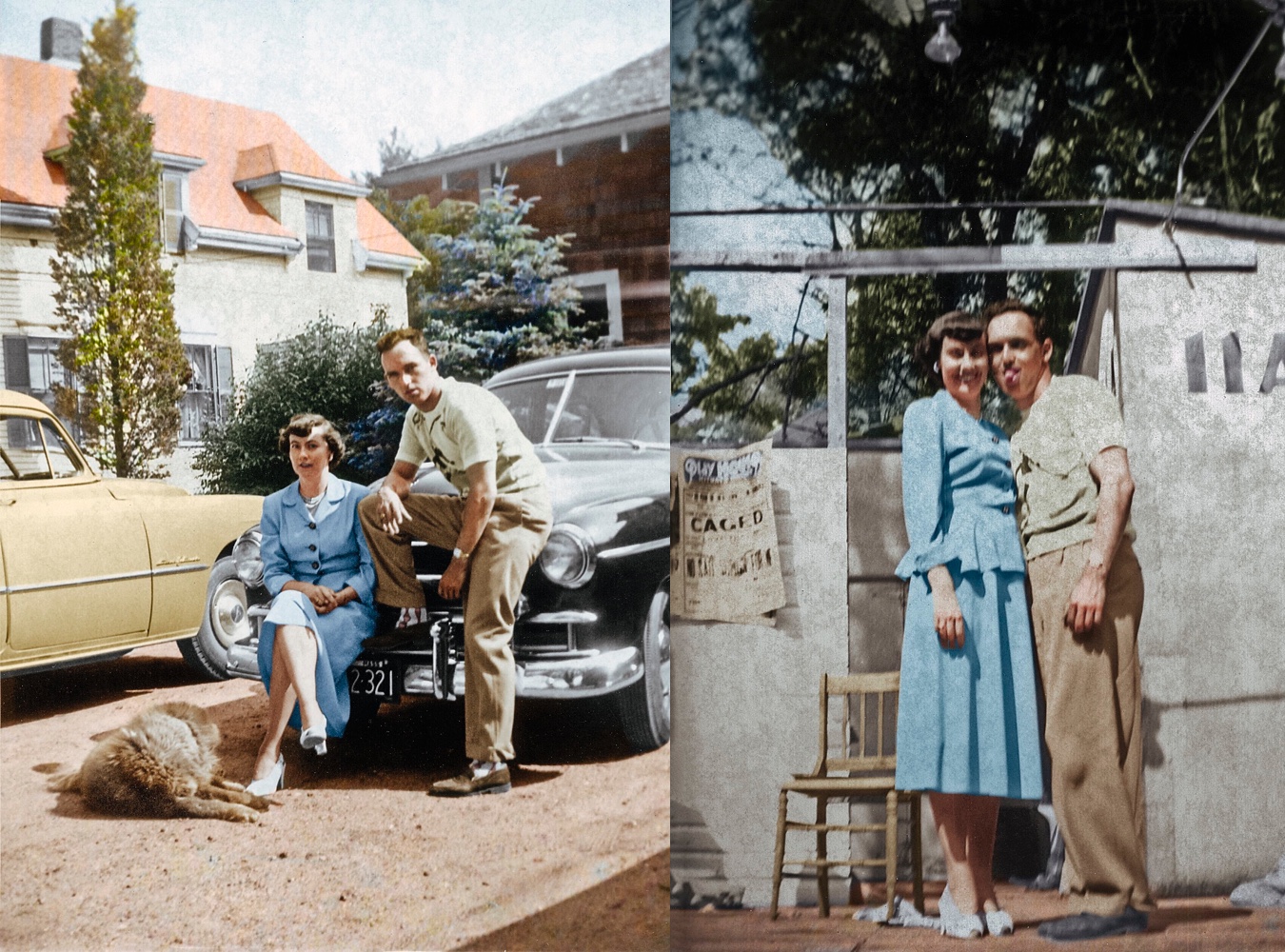


Just after his 4th birthday, Grandpa was hospitalized with scarlet fever in early December, the leading cause of death in children at the time. His mother didn’t want him to miss Christmas and vowed to leave the tree up until he came home. When Grandpa came home in March the tree was still up, its brown needles covering the floor. He survived the disease but lost 90% of his hearing. He considers himself the “luckiest guy in the world.”
It wasn’t until his 20’s that Grandpa was able to access hearing aids through the army. To this day, even with modern hearing aid technology, he struggles with his hearing. Later in life, arthritis in his hands make everyday tasks (like replacing his hearing aid batteries) an increasing challenge.
Somehow, even in the face of physical adversity, he manages to be the happiest guy I know. He never complains about his limits, explaining them only in a matter-of-fact way. He’s always looking on the bright side, constantly has us all laughing, and only speaks positive words about others.
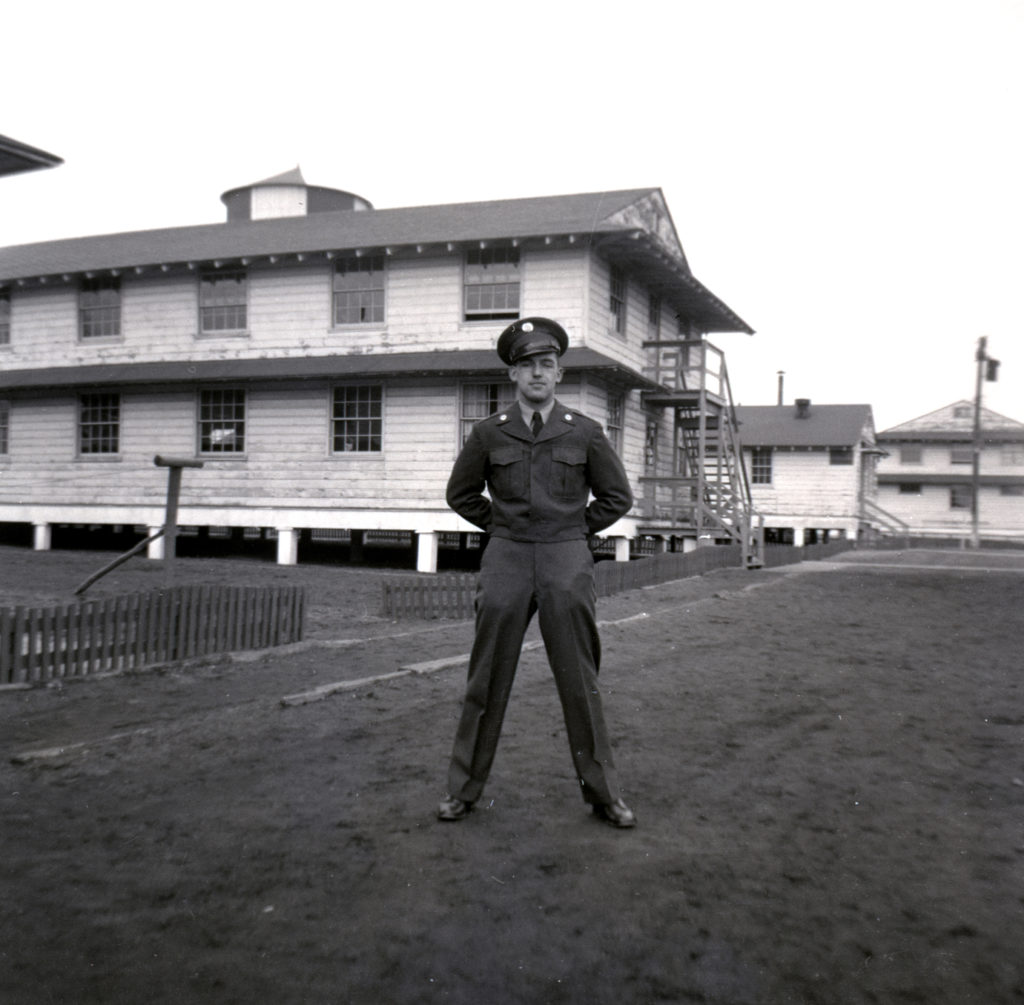


Years ago, I found myself in a low place. Just after graduating college, my brother Andy and I decided to take the plunge and go full-time on a startup. We entered the first year of MassChallenge and won $50k and we went on to raise an angel seed round. We had an amazing group of investors and mentors behind us. We built a great team and served thousands of customers. We were so incredibly fortunate.
But suddenly it came to an end. I didn’t handle it well. I was depressed, I was lost, and I didn’t even know it. I drank too much. I was in a foreign territory without the tools to dig my way out.
Thanks to people like Alexis Ohanian, Paul English, and Rand Fishkin there’s less stigma when it comes to talking about mental health in tech. About a year after shutting down the startup, I found happiness by using tools like mindfulness meditation and deep work. I bought a fat bike to get myself into nature as much as possible. I lost 30 pounds. Life was beautiful again.



At a certain point I felt like my journey to happiness plateaued. My personal life was better than ever, I was newly engaged, and programming productivity was at an all-time high. One day while reading Search Inside Yourself I learned about the phrase Happiness is the Default State. In that moment I thought of my grandpa who is seemingly always on default happy mode.
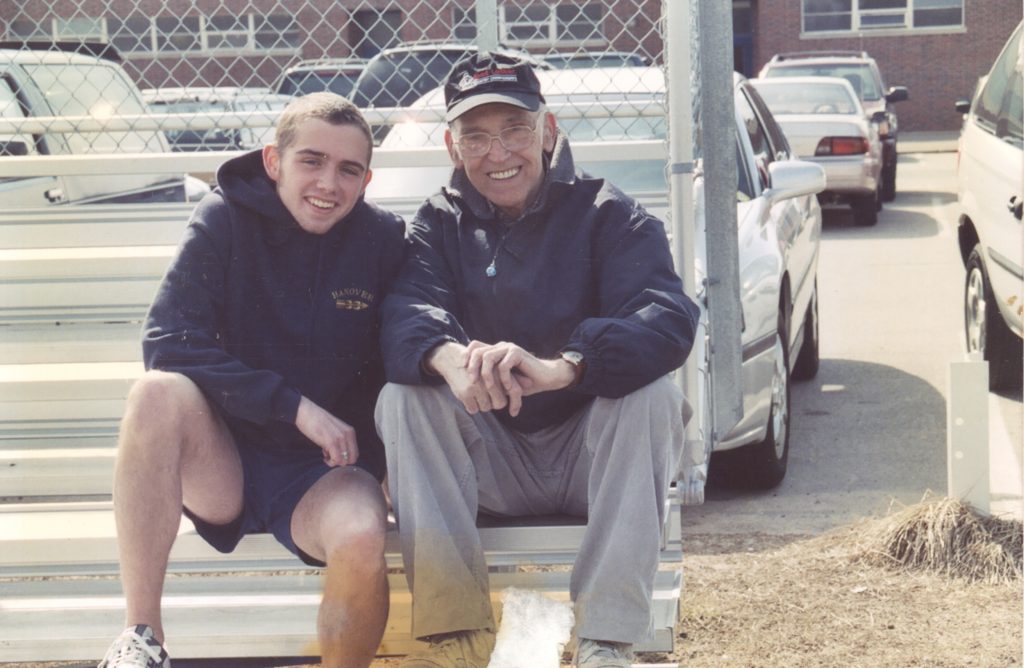


Knowing my grandpa is the happiest person I know, I decided to try and form the habit of getting together with him on a regular basis. Now that I was older and in a better place I thought about how much I might learn if I just carved out the time. The timing was impeccable. He’d just hung up the keys to his car for the final time after a 3rd fender-bender that summer. I worked from home and had lots of flexibility in my schedule.
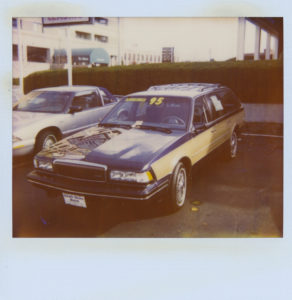


At first I offered to just help Grandpa with errands. We went to the bank and grocery store and sometimes we grabbed breakfast or lunch. Everywhere we went he’d strike up conversation with everyone he saw, then brag about his grandkids. One time I made a trek up from a family vacation on the Cape to take him on an emergency grocery store trip. While we were waiting in line he dropped some unexpected humor. I pulled out my phone, asked him to say it once more and we sent it to my family for a good laugh.
Now I can wipe all day, just what I wanted to get. ?
On Aging & Memory
For as long as I can remember Grandpa has shared his passion for history and genealogy with his grandkids. After our errands or shared meals, he’s always detouring me all over Boston’s south shore to talk history. He shows me homes he grew up in, shares immense details about the family tree, and loves telling childhood stories. A few weeks after we started hanging out my auntie Ellen caught wind. She became my genealogy coach, pushing me to review all of the family tree data my grandpa’s niece put together on Ancestry.com and record the whole thing on GoPro.
It was during this longer genealogy deep dive that my perception of memory and old age changed completely. I’d always assumed that as people get older, they get slower – that’s life and the decline is irreversible. But after that first day, possibly through the guidance my aunt gave me on how to conduct an interview, it was as if Grandpa’s mind rewound. We were both shocked at the details he was able to recall in both historical facts and current events.
On the drive home, Grandpa put his hand on mine and thanked me for the gift I’d given him the past few months. He said he felt 20 years younger. He wanted to write a thank-you note but I said it wasn’t necessary because I heard him loud and clear in the car right then. From that moment we agreed to always focus on getting the next adventure on the calendar. To this day Grandpa continues to thank me and tells me I make him feel like he’s young again. His memory has remained in this heightened state since that first genealogy day. I often tell him he’s better at remembering all the little details of my life than most of my friends in their 30’s.
Grandpa thanking his niece Brenda for putting together the ancestry information.
Grandpa thanking my Aunt Ellen for Cook family history books she got me.
On Gratitude
Its seems like the biggest aspect to Grandpa’s happiness is his constant practice of gratitude. Nearly every time we hang out Grandpa chronicles his life — his parents, his siblings, his wife, his children and his grandchildren — sharing his massive gratitude for how it “all just seemed to come together beautifully.” Grandpa is grateful for life’s small things, too. He’s grateful when he sees a cardinal in his backyard, or his great granddaughter’s smile, or the extra grilled onions I add to his Five Guys burgers. It’s as if he’s on gratitude auto-pilot. Once I took him for a much-needed haircut just before Christmas a couple years ago. I’ve never seen someone so excited about something as simple as a haircut.
As we’re pulling up to a stoplight: “Jesus am I glad I got a hair cut! God!”.
Grandpa is constantly celebrating life’s gifts, big and small. He never complains. He’s grateful for what he does have and spends no time wanting more. The only time I’ve heard him long for the past is when we’d talk about his Buick, but even then, he’d quickly move to expressing enormous gratitude for our drives together. He’s most grateful for his grandchildren and specifically how they all went to college. In his words, “My grandkids are my legacy.”
On Tragedy
Our elders are an important connection to the tragedy of life. Both of my grandpa’s brothers served in the military. One of his brothers, under Patton’s command, was sent to visit Auschwitz along with thousands of his comrades to see the damage done in person. He sent home photos. Even though these photos have since been lost the memories of “bodies stacked like cordwood” are engrained and passed on by Grandpa and his family. Many of Grandpa’s friends and acquaintances who returned having seen the atrocities of Nazi Germany were never the same. Our elders are an important connection to the past. A closer connection to our elders might decrease humanity’s chances of repeating its lowest moments.
On Past Ways of Life
From Grandpa I’ve learned about past ways of life which we’re rapidly moving away from towards a supposed merge with machines. While nearly everyone in my family has a smart phone, my grandparents only had a land line for decades until I hooked them up with an Amazon Echo Show a couple months ago. For decades, Grandpa hasn’t really been able to talk on the phone and is limited to in-person communication. He never complains about it though and as far as I can see his disconnected lifestyle plays a role in his overall default happy state.
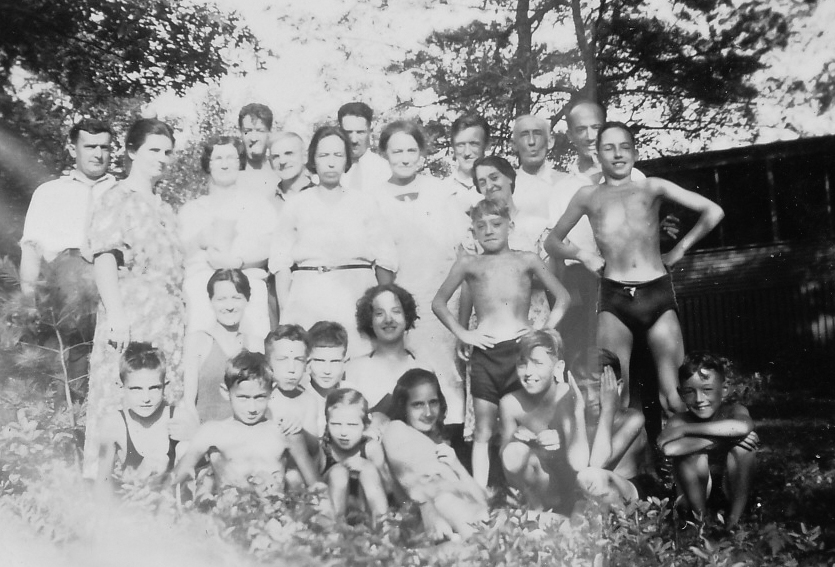


Just before the Great Depression Grandpa’s mother spent everything to her name to buy some land and build a cottage on a lake south of Boston. Every year on the last day of school, Grandpa’s parents would pick him and his brothers up with their luggage and dog Rusty in the car. They’d drive down to the lake, staying there all summer until the day before school started in the fall. Their cottage was isolated — the only other building on the lake was an ice house which shipped ice into Boston by railroad — with no other children in the area. There was no electricity and no phone. The only source of heat was a brick fireplace and large cast iron stove in the center of the cottage. Many of the meals were foraged from the land – fish, mushrooms, turtles, and blueberries were staples of their diet. Grandpa and his brothers had to rely on each other and their own ingenuity for entertainment. They’d create sailboats with bed sheets, stock the lake by moving fish from nearby ponds and lakes in buckets, and walk 6 miles barefoot to get a freshly crushed lemon slushy.
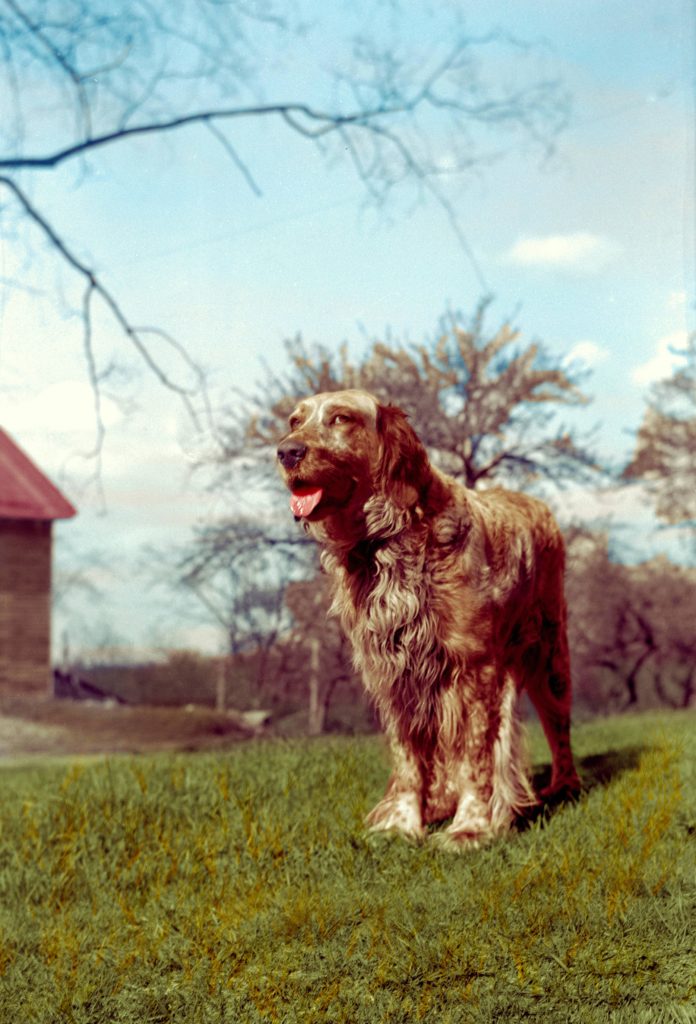


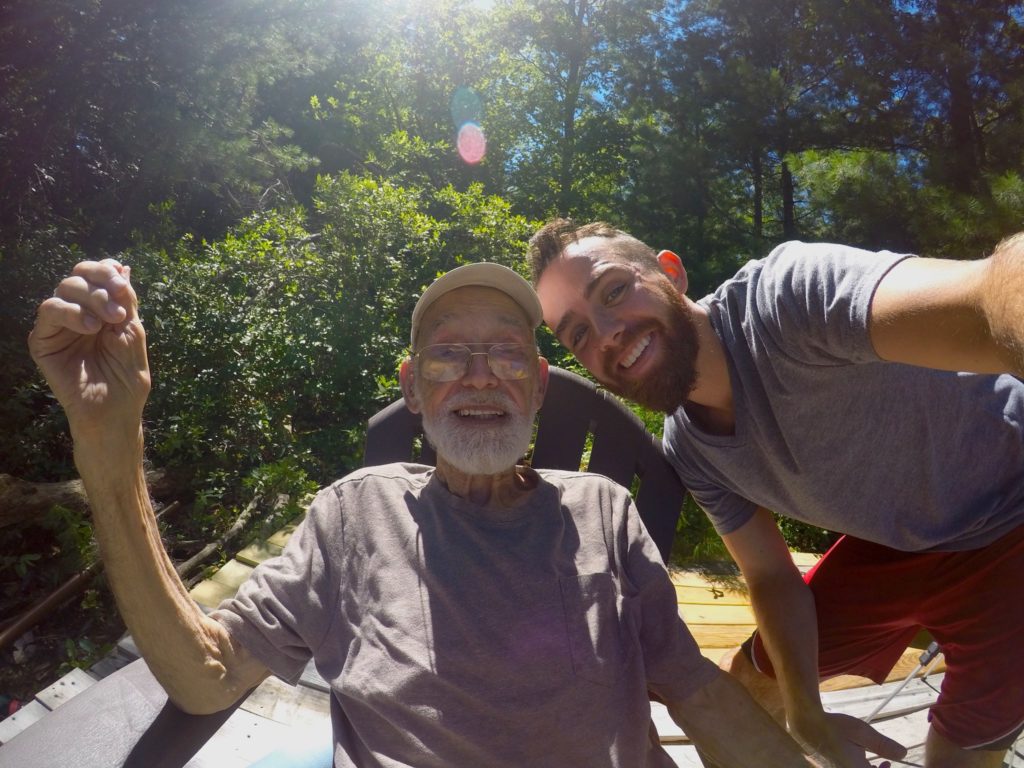


Grandpa often talks about the overall calmness of life growing up, even through the chaos of the Great Depression. His life was peaceful, there were “never any arguments”, and multiple generations all lived under the same roof. He learned from his elders. His mother went out of her way to make sure all of her neighbors were happy, delivering casseroles to those in need. She designed the cottage to have as many beds as possible and always took in friends and family who were down on their luck.
On Seeing Every Day as a Gift
Just like the first day we spent recording our genealogy session almost 2 years ago, all of our days since then — both big adventures and small errands — are a gift. There have been so many incredible, unexpected twists and turns in the journey. Grandpa and I often talk about it all, enter a state of disbelief, and share a good laugh.
Grandpa dropping some wisdom on an adventure day with my brother Andy.
About a year and a half after we started I came close to pursuing a full-time gig again after years of work-from-home contracting. But I avoided that path for many reasons, a big one being that I didn’t want to give up the flexibility in my schedule to hang out with Grandpa. Then suddenly on Grandpa’s 94th birthday, I found myself losing a gift competition to my brother Andy. Knowing Grandpa loves lobster rolls, I picked up two live twin lobsters thinking there’s no way any of my siblings would top my gift.
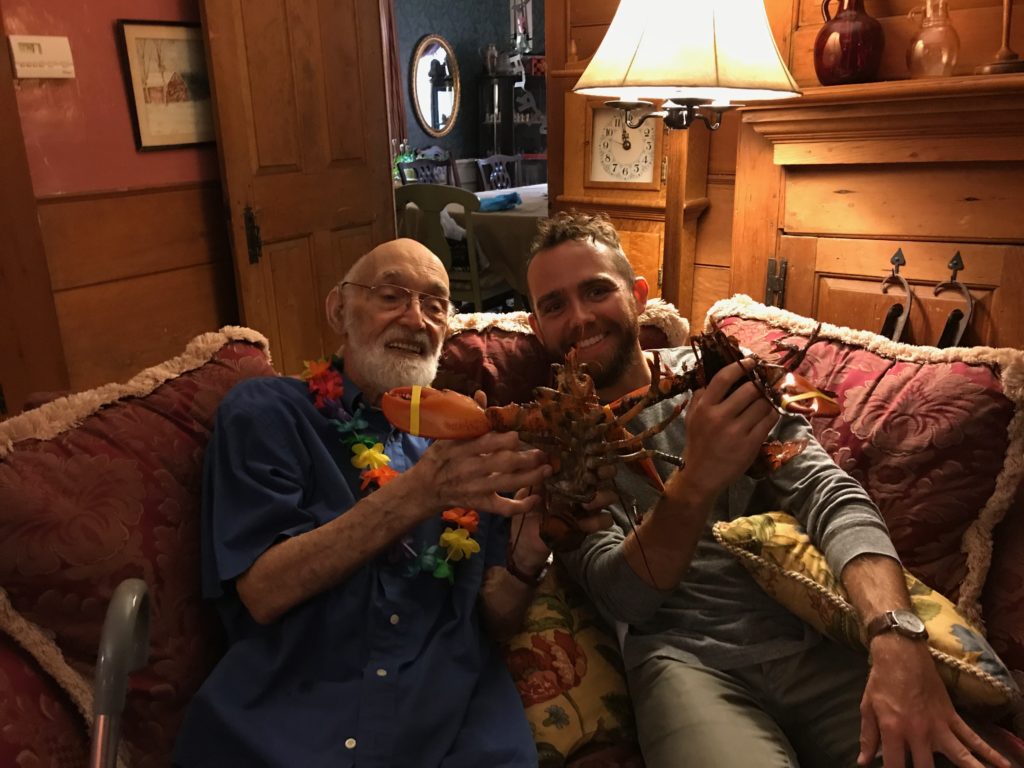


After Grandpa and I held the lobsters and snapped a few photos, Andy unveiled a gift he called “InstaGrandpa” and a prototype he built the night before. He gave our family a unique phone number and told us to text photos to it. Every month he’d take the photos and mail physical prints to our grandparents. When Andy asked me to help bring the tool to life I instantly said yes. Over the following few months as the prototype evolved we decided to name it NanaGram, after our Mom.
Months later I found myself sitting in my grandparent’s living room on a Monday morning, watching him on a nationally broadcasted viral TV show where we negotiated for a small cash compensation for Grandpa and a NanaGram mention (Grandpa tried to get bit coin). Just after the broadcast, he turned to my grandma and said, “See? See who you married?! I’m a famous Grandpa. I’m America’s Grandpa!”
I love you Grandpa.
brought to you by
NanaGram
Text your photos and we'll mail glossy, frameable 4x6 prints to your loved ones!
Learn More
